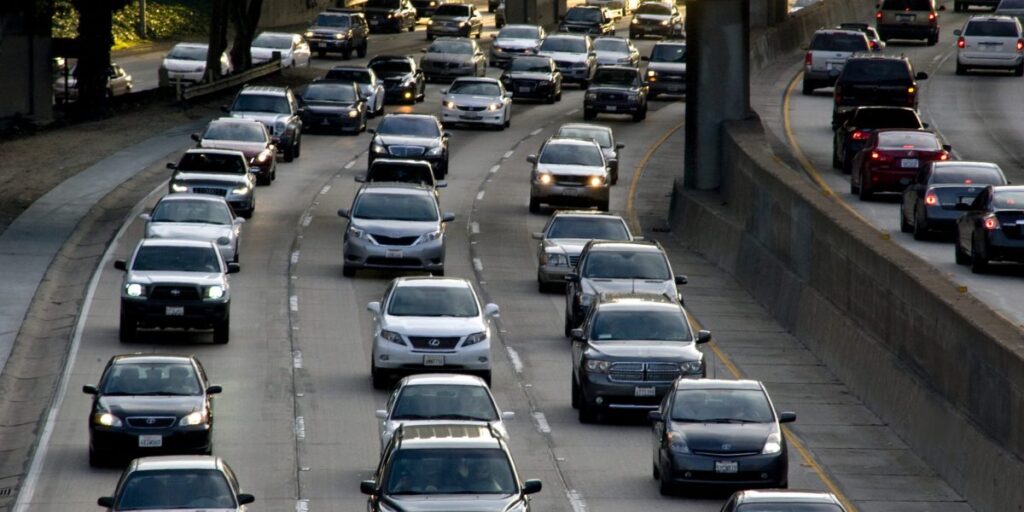
The unofficial start of summer means roads and airports will be congested in 2024.
AAA expects nearly 44 million people to travel this weekend, the second-largest number since the company began tracking travelers in 2000.
“We haven’t seen Memorial Day weekend travel numbers like this in nearly 20 years,” Paula Twidale, senior vice president of AAA Travel, said in a statement. “We expect more travelers this holiday weekend than in 2019. An increase of 1 million passengers will not only mean we will exceed pre-pandemic levels, but it also signals a very busy summer travel season ahead.”
Some 38.4 million people are expected to travel this year, with a further 3.51 million flying. (Nearly 2 million people will travel by other means.) This is a 4% increase over 2023 traffic.
The organization predicts traffic conditions will start as early as Thursday, with the worst travel times being between noon and 6:00 p.m. Friday, with the worst congestion between noon and 7:00 p.m. If you arrive at 3 p.m. Traveling between 0:00 a.m. and 7:00 p.m. on a Monday afternoon? Good luck.
Citing INREX data, AAA said some routes could take up to 88 percent longer to complete. The worst routes include:
Los Angeles to Bakersfield via I-5 N – Peak congestion is at 6:15pm on Thursday, with a journey time of 2 hours and 45 minutes (84% higher than normal)
Gainesville, FL to Tampa via I-75 S – Peak congestion is at 9:00 a.m. Sunday, with a journey time of 3 hours and 47 minutes (88% higher than normal)
Washington, DC to Baltimore via Balt/Wash Pkwy N – Peak congestion is at 2:15pm on Friday, with a journey time of 1 hour and 21 minutes (72% higher than normal)
According to travel website Hopper, gas prices will remain essentially the same as last year, but airfares will drop 9.5% from last year. The busiest airports will be Atlanta, Dallas, Denver, Chicago O’Hare and Los Angeles, the report said.
Hotel prices are slightly more expensive than a year ago, and rental car prices are about the same.

